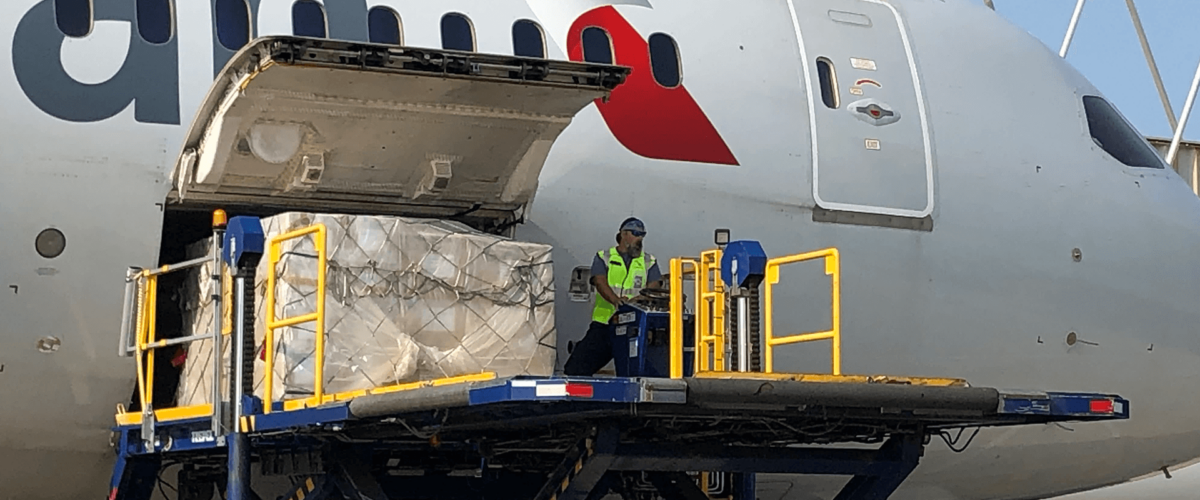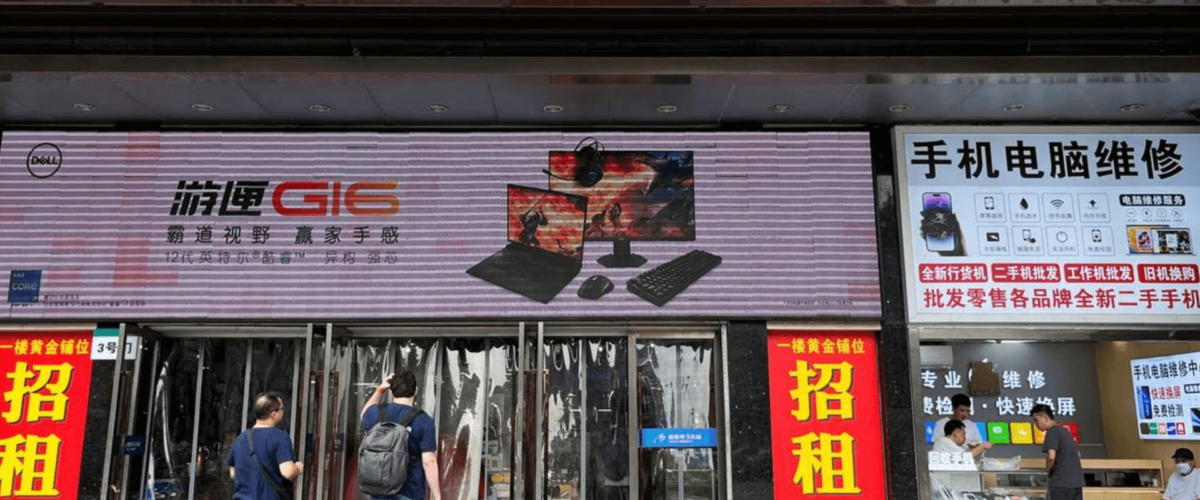Airlines’ cargo revenue is slumping. That’s a sign of good news for travel recovery.
Delta, United and American this month each reported year-over-year declines of about 40% in their second-quarter cargo revenue.
For the first half of 2023, Delta’s cargo business generated $381 million, down from $561 million in the first half of 2022, while American’s cargo unit brought in $420 million compared with $692 million in the first six months of last year. United brought in $760 million from cargo so far this year, down from $1.2 billion a year earlier.
Meanwhile, airlines are reporting record revenue, if not earnings, thanks to the rebound in travel demand. That means the business impact of cargo, which once helped prop up airlines’ revenue during the Covid pandemic travel plunge, has faded.
Cargo revenue at United, which generates the most of that business of the three largest U.S. carriers, for the first half of 2023 represented a less than 3% slice of the carrier’s $25.6 billion year-to-date revenue.
That’s a significantly smaller portion than 2020, when cargo revenue made up more than 10% of United’s sales.
Through June, cargo revenue made up 1.3% and 1.6% of overall revenue at Delta and American, respectively, down from 3.5% and 12% in 2020.
But it’s not all bad news.
Flying goods around the world was a lifeline for passenger carriers during the pandemic when bookings dried up and travel restrictions forced airlines to slash service abroad.
Normally about half the world’s air cargo flies in the bellies of passenger planes. That reduced cargo capacity during the pandemic helped drive shipping rates up to records, along with strong e-commerce demand, supply chain problems and port congestion.
But travel demand has roared back, particularly for international trips, as customers rush to take vacations abroad that they put off in recent years.
The renewed demand has prompted airlines to add back service. U.S.-Europe flights alone are expected to be the highest in five years.
The added passenger capacity also boosts the world’s supply of space to fly cargo, at the same time that demand for air cargo is waning.
The Baltic Air Freight Index, which tracks worldwide air cargo rates, is down 47% from a year earlier. In May, the latest available data, the International Air Transport Association, said air cargo capacity was up nearly 15% from the same month of 2022 while demand dropped 5%.
Airlines are planning to expand flights this year, too, to capitalize on strong international travel demand, a trend that could further drive down cargo revenue.


